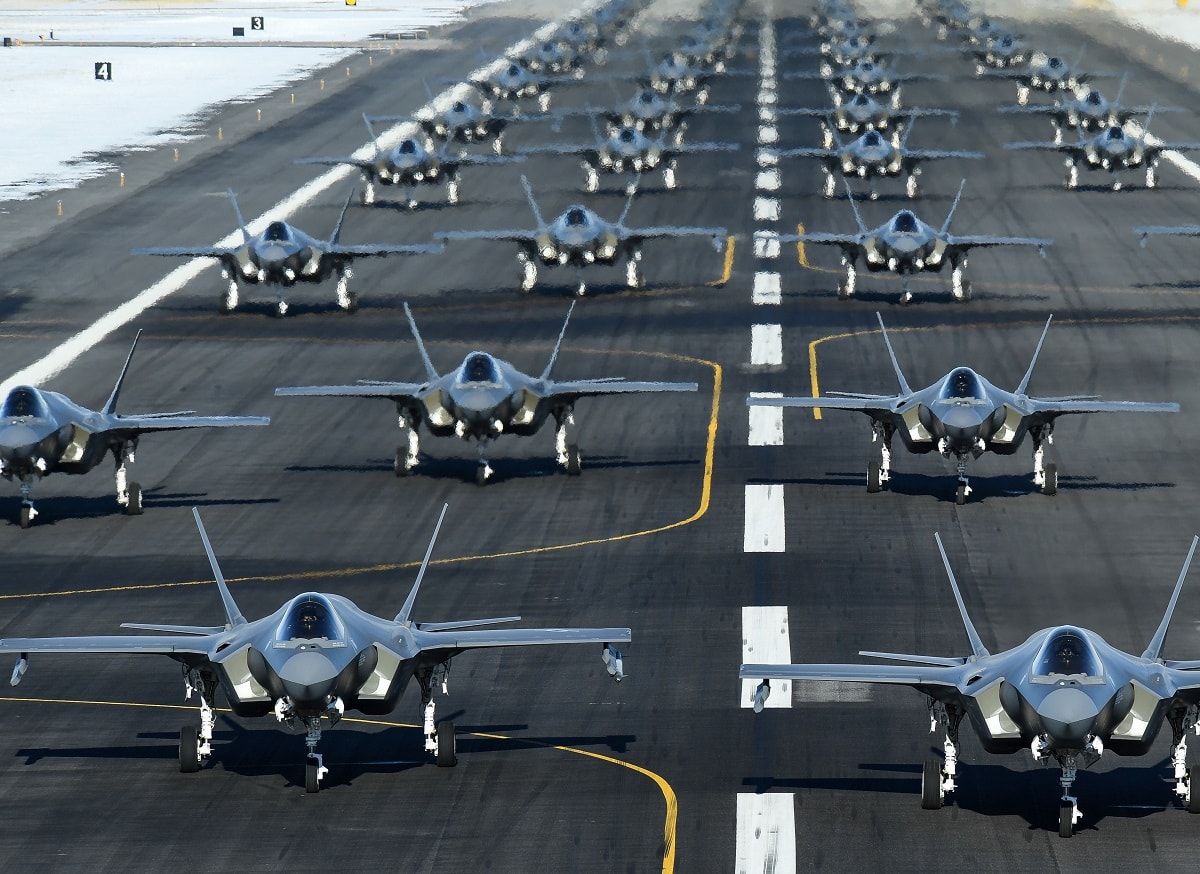In 1954–55 the first so-called offshore island crisis took place between the United States, the People’s Republic of China (PRC), and the Republic of China on Taiwan (ROC) when the PRC launched attacks on several islands just off its coast that were under the control of the ROC.
As a compelling version of history tells it, the administration of President Dwight Eisenhower, a president known for his talent at card games, only appeared to call the PRC’s bluff by threatening their country with a nuclear attack. Following the departure of ROC troops from some of the islands, the Communist Chinese abandoned whatever aim they may have had to conquer the most important of these territories before trying again in 1958 and reaching almost the same result.
The full story is naturally more complicated. One of the reasons Eisenhower was so good at playing cards – contract bridge and poker, mainly – was that he constantly counted the cards so as to calculate the percentages and the odds in his mind. So, too, did he do in this instance.
He did it by bolstering his power of empathy – standing in the other guy’s shoes, as he liked to say – with hard information. One of the lesser-known things that happened during the crisis was a visit to Hawaii by Eisenhower’s staff secretary, General Andrew Goodpaster, to question in person the US Commander-in-Chief of the Pacific, Admiral Felix Stump, and his staff. Eisenhower did not want to recall the admiral to Washington for fear of drawing too much attention, but he wanted to hear directly about the ROC’s capacity to defend the most critical islands. So he sent the man known as his alter ego. Goodpaster questioned Stump and came away with the information that the islands could be well defended with a few weeks of preparation, and that therefore there was little chance the PRC would succeed in taking them after that point.
Today the news pages are full of stories about another likely attack by the PRC on these and possibly other islands, as well as on Taiwan itself. It’s hard to know what to make of these speculations because they are made with wildly different opinions, ranging from the certainty that Xi Jinping is determined to reunite Taiwan with the PRC come hell or high water, to the opposite certainty that Xi would never be so foolish as to start a world war over an accommodation that will probably happen someday anyway, which is to say, it’s all an invented crisis in the minds of Western warmongers.
In truth, it’s not easy to read the minds of people presumed to be planning a war, but social scientists offer several predictive models and theories we might choose from. Not surprisingly, there are great disagreements among these specialists over exactly what the Chinese are planning, how to deter them from aggression if they are indeed planning it, and so on. Speculation is no less interesting for being shrouded in the language of behavioral and other sciences, but it’s still speculation. As General Goodpaster liked to say, you won’t get very far if your strategy rests on programming the mind of an adversary.
For all the news pages or the experts know, the Chinese may be following a different method. Perhaps they aren’t interested in territory so much as longevity, that is, to play out the possibility of a conflict for as long as it’s possible for most people in the world to come around to seeing things their way regarding unification. That objective would at least be consistent with what some people believe their objectives to have been in earlier island crises: to probe, to test, and to withdraw by way of a strategic surrender in order to be better positioned later on. Thus no amount of transforming Taiwan into a heavily-armed “porcupine” will make a real difference. The Chinese don’t need to be deterred in this way.
By contrast, if Chinese President Xi Jinping really is as determined as others say he is to attack Taiwan, then no mustering of ballistic quills there is likely to stop him. And if his country’s military is also so keen to take this risk, an attack which following this chain of logic almost surely wouldn’t stay limited to Taiwan, then one has to ask what the point is of trying to convince them otherwise.
If Eisenhower were in charge today, he’d probably ask that question, continue counting the cards, and then reach a decision based not on what he imagines Chinese aims to be, but instead on what his own country’s aims ought to be in this part of the world amid as accurate an assessment as possible of each nation’s military capacity, much as he had asked General Goodpaster to obtain from Admiral Stump. Only then would he have decided the manner and timing of implementing that decision.
Other people in China and Taiwan and elsewhere may have other ideas. But that needn’t stop the US government from making up its own mind. “I’ll just confuse them” may have worked for Eisenhower in dealing with the press, but in private, he was clear that Taiwan could defend those islands.

